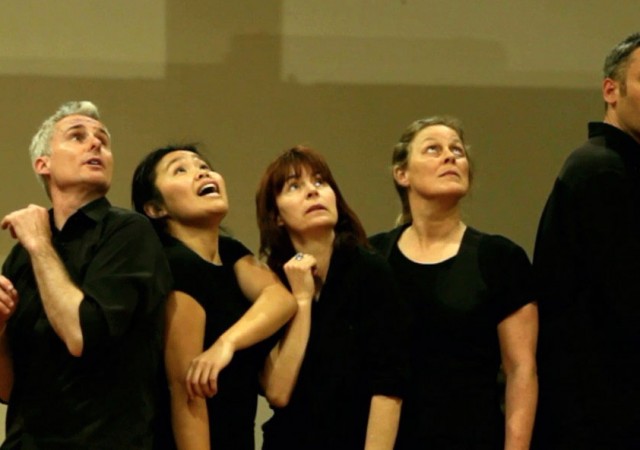
Hearing the Voices of Parents – Case Study
Researchers at Melbourne University identified a need for stakeholders in the disability sector (including disability and health services, government, schools, and philanthropic organisations) to better understand the experiences of parents of children with disabilities.
“I thought it was extremely powerful. I felt that it actually reinforced everything that we’re trying to work towards….I sat there thinking how powerful it was and what a wide audience it could be delivered to. ”
Di Strachan, Senior Planner, NDIS
Research had found:
- 49% of parents reporting mental health problems.
- Caring for a child with a disability can impact on all areas of a parents’ life, including their physical health, emotional wellbeing, employment and social relationships.
- Although there are several studies demonstrating that parents of children with a disability have poorer mental health than other parents, there are few programs/strategies designed to promote their wellbeing.
- Services and policies needed to be changed and solutions identified to support parents’ mental health and wellbeing.
- It is essential that any solution is shaped by an understanding of parents’ experiences and that parents have a voice in shaping such solutions.
One of the greatest difficulties facing researchers when communicating their findings is to harness the empathy and engagement required for maximum impact. An intellectual understanding is often made but an emotional connection can be lacking, and therefore the impetus for action is not as high.
Melbourne Playback partnered with the Jack Brockhoff Child Health and Wellbeing program and the Association for Children with a Disability to develop a small-scale theatre production to share the experiences of parents of children with a disability.
The new process of knowledge translation would enable parents to voice their experiences, and provide them with a genuine opportunity to participate in a process highlighting how policies and services can affect their mental health and wellbeing.
Stage One:
Melbourne Playback delivered a playback performance for a small group of parents.
Stage Two:
Collated source material and drafted script. Melbourne Playback transcribed the verbatim stories from the playback performance, along with further interviews
Stage Three:
Sought feedback from participants after a presentation of the material.
Stage Four:
Develop, Rehearse and Final Performance.
“I got a lot more emotional than I thought I was going to. ”
Stakeholder
“When you go to the conferences and things, people hear it and understand it and contextualise it, but they don’t feel it.”
Participant
“It was fabulous . It wa s incred ibly p ow erful. The critical thin g for m e w as it was just so authentic. I hea rd things, that I’ d said, that’ d I’ d heard other people say and I think every person of a child with a disability has either said or heard. ”
Bruce Bonyhady, Chairman of the Board, NDIS
“I couldn’t pick a moment that I didn’t enjoy because it was real… You’ve given a shining light, or a glimpse to what people with disabilities or their families have to go through every single day. ”
Luke Nelson, Private Consultant, Youth Disability Advocacy Service
Download
Download this case study (PDF)